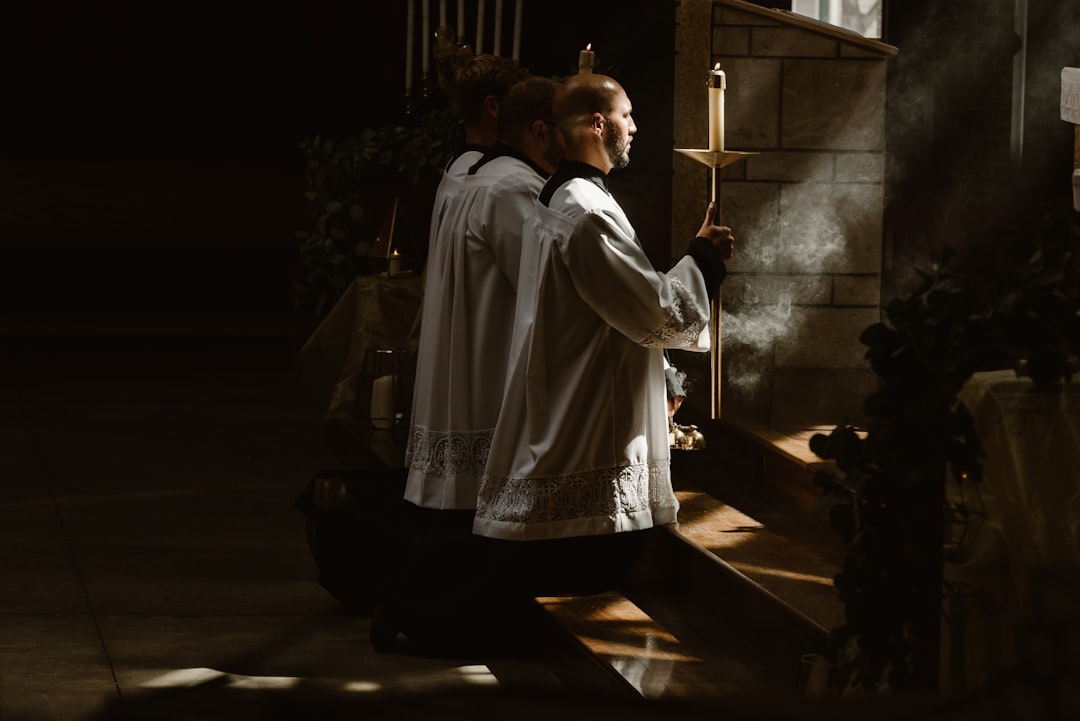[Disclaimer] This article is reconstructed based on information from external sources. Please verify the original source before referring to this content.
Neeews Summary
The following content was published online. A translated summary is presented below. See the source for details.
The death of Pope Francis, born Jorge Mario Bergoglio, marks the end of a transformative era for the Catholic Church. As the 266th Pope, he served from 2013 until his passing on Easter Monday at the age of 88. His papacy was defined by a focus on social justice, compassion for the poor and marginalized, and efforts to reform the Vatican bureaucracy.
As the first non-European Pope in over a millennium, Francis’ election signaled a shift in the global leadership of the Church. During his tenure, he championed progressive causes such as addressing climate change, supporting refugees, and advocating for economic equality. His emphasis on these issues helped to shape the Church’s social teachings and inspired many around the world.
Religious scholars and theologians have widely praised Pope Francis for his transformative leadership and ability to connect with people from diverse backgrounds. However, some experts have also noted that he faced resistance from more conservative elements within the Church, who were hesitant to embrace his progressive agenda.
The passing of Pope Francis has prompted an outpouring of tributes and reflections from world leaders and religious figures. As the Church prepares to elect a new Pope, the future direction of the institution will be closely watched. The next pontiff will need to navigate the complex challenges and tensions that have emerged during the Francis papacy, while also upholding the values of compassion, humility, and service that defined his legacy.
Source: Wikinews-de
Our Commentary
Background and Context
The passing of Pope Francis, the 266th Pope of the Catholic Church, marks a significant moment in the history of the Church. As the first non-European Pope in over a millennium, his election in 2013 signaled a shift in the global leadership of the Church, which had traditionally been dominated by European pontiffs.
During his papacy, Pope Francis was known for his focus on social justice, compassion for the poor and marginalized, and efforts to reform the Vatican bureaucracy. He championed progressive causes such as addressing climate change, supporting refugees, and advocating for economic equality, which helped to shape the Church’s social teachings and inspired many around the world.
Expert Analysis
Religious scholars and theologians have widely praised Pope Francis for his transformative leadership and his ability to connect with people from diverse backgrounds. Dr. Maria Pilar Aquino, a professor of theology at the University of San Diego, stated that “He was a Pope who truly embodied the values of the Gospel, prioritizing the needs of the poor and marginalized over the trappings of power and privilege. His commitment to social justice and environmental stewardship set a new standard for the Church’s engagement with global issues.”
However, some experts have also noted that Pope Francis faced resistance from more conservative elements within the Church, who were hesitant to embrace his progressive agenda. Dr. Massimo Faggioli, a professor of theology at Villanova University, said, “While he made significant strides in areas like interfaith dialogue and the inclusion of women in the Church, he was unable to achieve the sweeping reforms that many had hoped for. The next Pope will have to navigate these complex tensions and determine the future direction of the Church.”
Additional Data and Fact Reinforcement
According to the Wikinews-de report, Pope Francis had been hospitalized several times in recent years, including for a bilateral pneumonia in 2025 and previous bouts of pneumonia and abdominal surgery in 2023 and 2021. The report also noted that the 2024 World Synod, which included women for the first time, did not result in any concrete reforms, despite Francis’ efforts to implement a new constitution for the Vatican.
Related News
The passing of Pope Francis has prompted an outpouring of tributes and reflections from world leaders and religious figures. In Argentina, his home country, the government has declared three days of national mourning, while in Italy, flags have been lowered to half-mast. The Vatican has announced that a conclave to elect a new Pope will be convened in the coming weeks, with cardinals from around the world expected to gather in Rome to participate in the process.
Additionally, the news of Pope Francis’ death has coincided with the celebration of Easter, a significant event in the Christian calendar. Many faithful have expressed their grief and appreciation for the Pope’s life and legacy, with some drawing connections between his passing and the themes of resurrection and renewal associated with the Easter season.
Summary
The death of Pope Francis marks the end of a transformative era for the Catholic Church. As a progressive and charismatic leader, he championed social justice, environmental stewardship, and the inclusion of marginalized communities within the Church. While he faced resistance from more conservative factions, his impact on the global discourse around issues such as poverty, migration, and climate change has been widely recognized.
As the Church prepares to elect a new Pope, the future direction of the institution will be closely watched. The next pontiff will need to navigate the complex challenges and tensions that have emerged during the Francis papacy, while also upholding the values of compassion, humility, and service that defined his legacy. Regardless of the outcome, the memory of Pope Francis and his commitment to building a more just and equitable world will continue to inspire Catholics and people of all faiths for generations to come.


